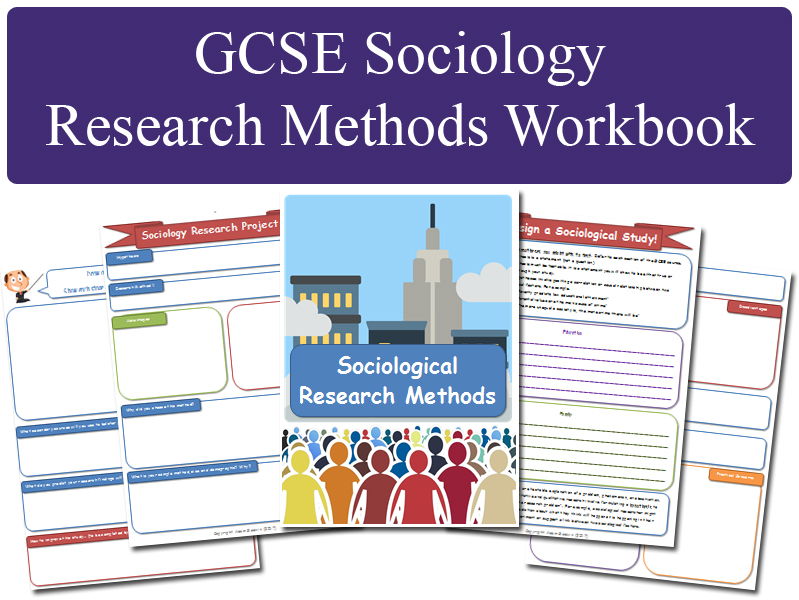Religion, Philosophy, Sociology & Ethics Resource Base
Resources for Religious Studies, Sociology, Philosophy, Ethics and Humanities. We specialise in making whole units and courses for ultimate convenience and time-saving. We always aim to make the best resource for a given topic: our goal is perfection and our resources have helped educate 1 million+ students!



![Humanism - GCSE Religious Studies - Non-Religious Worldviews [2017 Spec Onwards] [RS, RE, Atheism]](https://d1e4pidl3fu268.cloudfront.net/971793c1-0e55-4d91-bb6a-e04ad0398459/Cover.jpg)
![GCSE - Buddhism (AQA) Practice Exam Questions (12 Mark) & Buddhist Quotes /Sayings/Sources [Booklet]](https://d1e4pidl3fu268.cloudfront.net/38c3e5a8-edf8-40f1-bf3e-25ab77099b4c/aqa.jpg)


![Introduction & Central Debates - Sociology of Family [AQA GCSE Sociology - 8192] Full Lesson L1/20](https://d1e4pidl3fu268.cloudfront.net/3562c2d0-bd1b-414e-95ac-4ca1b10bbe0b/Cover.crop_700x523_0%2C0.preview.jpg)

![GCSE - Buddhism -Lesson 15 [Buddhist Pilgrimages, Temples & Sacred Places] New Specification](https://d1e4pidl3fu268.cloudfront.net/f6a582b4-b5b1-4923-b5f4-e3b8c1ae6210/Lesson15.jpg)


![War, Peace, Conflict & The Rules of Warfare [P4C - Philosophy & Ethics Lesson]](https://d1e4pidl3fu268.cloudfront.net/34789f40-c923-43f8-bd9c-4870c355ce17/PhilosophyLessonPhilosophyTeachingResourcesP4CWarPeaceEthicsConflictMilitary.crop_632x474_71,0.preview.jpg)
![The Design Argument & First Cause Argument [GCSE RS - Existence of God & Revelation - L3/10] Theme C](https://d1e4pidl3fu268.cloudfront.net/9109e7c1-14c3-4f3b-97b4-e99cfe1678f7/CoverC.crop_699x525_0,0.preview.jpg)

![Philosophy & Religion Symbols Quiz [Perfect for end of term fun lessons!]](https://d1e4pidl3fu268.cloudfront.net/61c3e2b7-8f8a-4fa2-b275-efc2221182ab/SymbolsQuiz.jpg)
![GCSE Buddhism - Lesson 1 of 20 [The Life of the Buddha: The Four Sights, Nibbana, Nirvana, Mara]](https://d1e4pidl3fu268.cloudfront.net/9df19e7c-a72d-4bd6-9914-5fc9d0ccf425/Lesson1.jpg)
![The Ultimate P4C Resource Pack [Philosophy for Children]](https://d1e4pidl3fu268.cloudfront.net/912c7712-554e-41c9-a1a9-7a7c29b5055a/BUNDLECOVERP4C.jpg)


